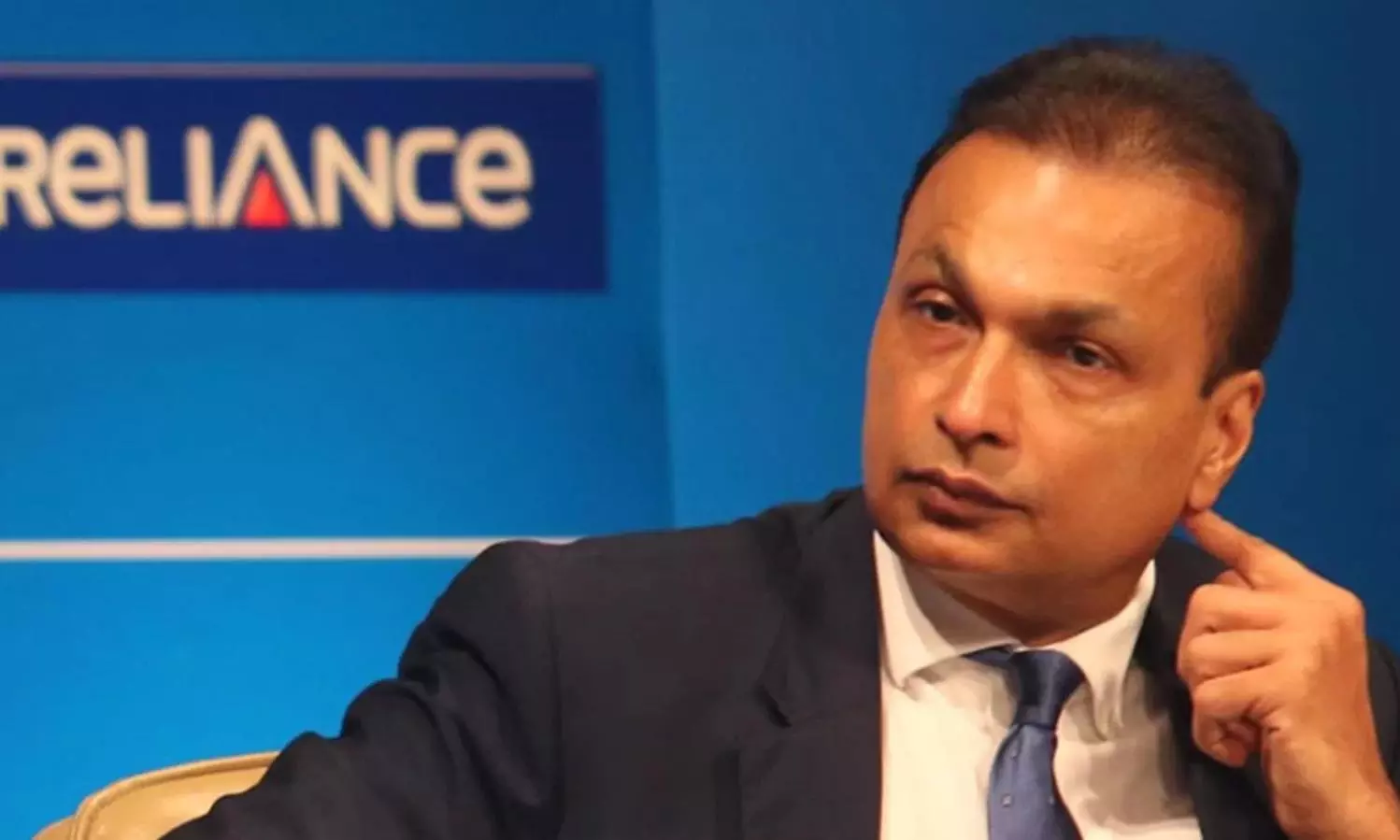
2006 Mumbai blasts: SC stays Bombay HC order acquitting all 12 accused
text_fieldsNew Delhi: The Supreme Court on Thursday stayed the Bombay High Court’s recent verdict acquitting all 12 individuals convicted in the 2006 Mumbai train bomb blasts case, which killed over 180 people. However, the apex court clarified that the acquitted individuals would not be sent back to prison and that the high court’s judgement would not serve as a precedent.
A bench comprising Justices M M Sundresh and N Kotiswar Singh issued notice to all 12 accused and sought their responses to an appeal filed by the Maharashtra government challenging their acquittal.
“We have been informed that all the respondents have been released and there is no question of bringing them back to prison. However, taking note of the submission made by the Solicitor General on the question of law, we are inclined to hold that the impugned judgment shall not be treated as a precedent. To that extent, there shall be a stay of the impugned judgment,” the bench stated.
Solicitor General Tushar Mehta appeared on behalf of the Maharashtra government, which has strongly contested the Bombay High Court’s decision, calling it flawed on multiple grounds.
The state government, in its appeal, contended that the high court wrongly disbelieved the recovery of RDX from one of the accused based on a “hyper-technical ground” — that the seized explosives were not sealed using a lac seal. The appeal also emphasised that due procedural safeguards under Section 23(2) of the Maharashtra Control of Organised Crime Act (MCOCA) were fully observed, including approvals granted by senior officials such as prosecution witness no. 185, former Mumbai Police Commissioner Anami Roy.
According to the state, the high court ignored the validity of these procedural approvals and overlooked the consistency in the prosecution’s evidence, raising serious objections to the basis of the acquittal.
On Monday, a special division bench of the Bombay High Court comprising Justices Anil Kilor and Shyam Chandak acquitted all 12 individuals, ruling that the prosecution had “utterly failed” to prove its case. The court observed that it was "hard to believe the accused committed the crime", thus allowing their appeals against the 2015 verdict by a special court which had convicted them.
Out of the 12 accused, five had been sentenced to death and seven to life imprisonment by the special MCOCA court. One of the death-row convicts died in 2021.
The 2006 Mumbai train bombings occurred on July 11, when seven coordinated blasts ripped through suburban trains on the Western line, killing more than 180 people and injuring hundreds. The case was investigated by the Maharashtra Anti-Terrorism Squad (ATS), which concluded that the accused were members of the banned Students’ Islamic Movement of India (SIMI) and had conspired with Pakistani operatives of the Lashkar-e-Taiba (LeT) to execute the attacks.
The Bombay High Court’s decision to overturn the convictions came as a major setback for the Maharashtra ATS. The Supreme Court’s intervention now puts the high court’s acquittal order under scrutiny, pending a detailed review of the appeal.
With PTI inputs








